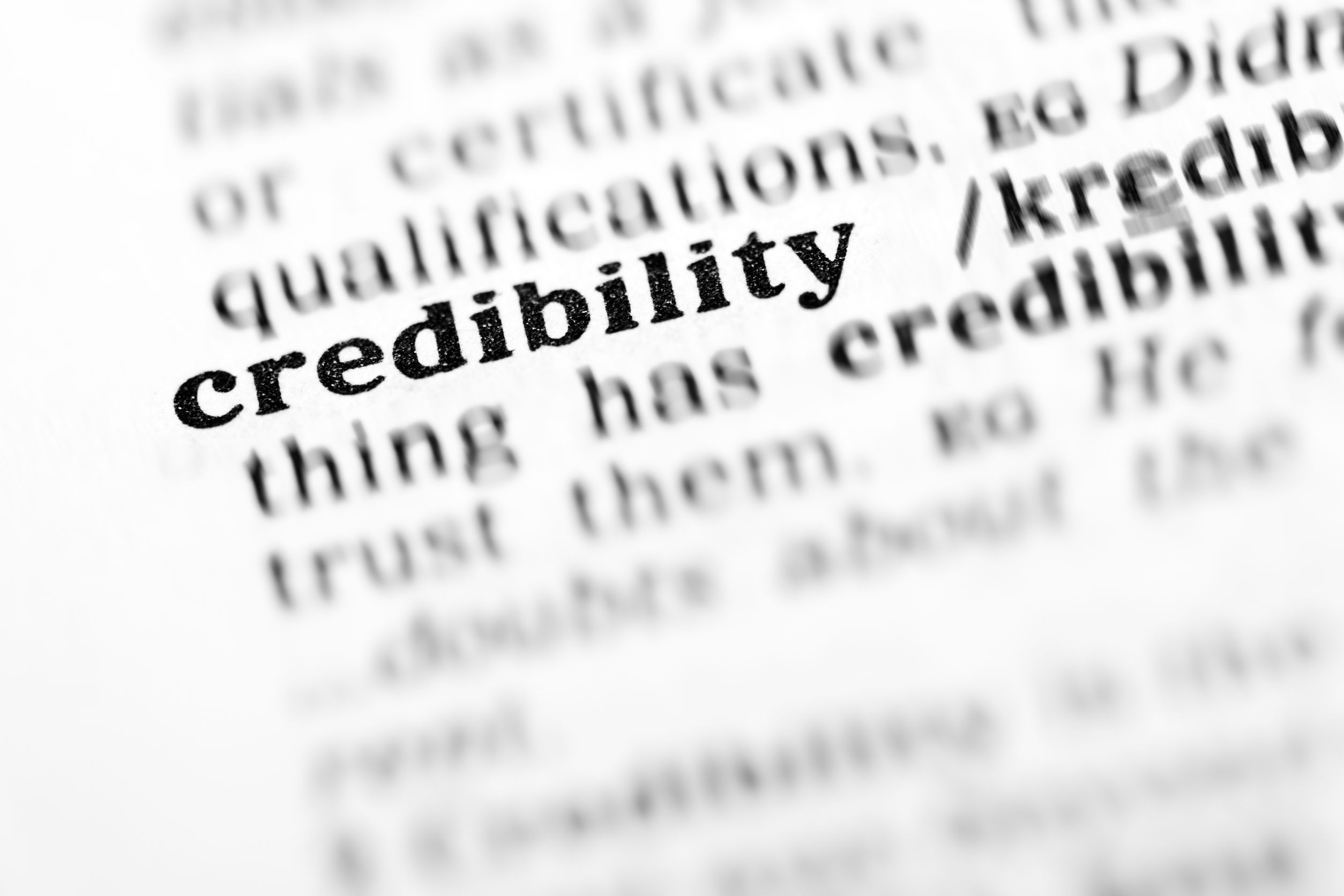If you missed the last post, go back and have a read. We discussed how both the Christian Church and the Encyclopedia Britannica are built on the same way of thinking about knowledge… and both are in trouble.
Wikipedia, on the other hand, is built on a very different way of thinking about knowledge.
Both enjoy considerable credibility, but their credibility comes via very different paths. Wikipedia’s standing doesn’t depend on panels of experts. In fact, experts are just as likely to be disputed as lay people.
 Wikipedia’s credibility depends on its different approach to knowledge. Britannica tries to narrow knowledge down to what the experts can vouch for. Wikipedia tries to broaden knowledge into a messy process that includes everybody. It’s a big shift for our society. It is changing more than our encyclopedias. It’s changing how we live and relate.
Wikipedia’s credibility depends on its different approach to knowledge. Britannica tries to narrow knowledge down to what the experts can vouch for. Wikipedia tries to broaden knowledge into a messy process that includes everybody. It’s a big shift for our society. It is changing more than our encyclopedias. It’s changing how we live and relate.
As a society, we are stepping back from depending on hierarchically structured gatekeepers; stepping back from credential requirements by which we limit who gets to decide what knowledge matters and what does not. We’re stepping back from a top-down distribution approach to truth; stepping back from the shiny veneer of infallibility.
By inviting broad participation and inclusion, Wikipedia invites the whole community to reflect on why something should be included while something else should not. Behind each article is a “talk” page where an open debate goes on about what should and should not be in the article and why.
In this new knowledge framework, credibility is hammered out in community. Something becomes credible precisely because it broadens participation; precisely because of the fallibility of the process. The uncertainty, disagreement, and debate behind knowledge aren’t hidden, they are celebrated. Not so with Britannica. There, the rough and tumble squabbles undercut the authority of the experts.
Further, Wikipedia invites self-critique, something Britannica would never do. Built right into each article is a menu for self-assessment:
 – “This article is too preachy;”
– “This article is too preachy;”
– “This article lacks references or sources;”
– “This article seems biased;” and so forth.
 In the old thinking, this undercuts credibility. It in the new, it enhances it. In our new relationship with knowledge, we acknowledge right up front what we all knew anyway. Human beings are fallible. Even experts. Human beings get stuff wrong. Even experts. Human beings disagree about what is true, right, and good. The internet makes it harder to avoid this fundamental reality. It is helping us work with it instead of against it.
In the old thinking, this undercuts credibility. It in the new, it enhances it. In our new relationship with knowledge, we acknowledge right up front what we all knew anyway. Human beings are fallible. Even experts. Human beings get stuff wrong. Even experts. Human beings disagree about what is true, right, and good. The internet makes it harder to avoid this fundamental reality. It is helping us work with it instead of against it.
Honest disclosure of bias; honest acknowledgment of uncertainty; admission of human weakness and frailty; these are the currency with which we trade knowledge in the new world the internet is giving us.
It is not coincidental that Britannica is going out of business while Wikipedia gets close to 3 million hits a day.
I hope you can see where I’m going. The Christian Church (the quintessential institution of “experts”) really has to pay attention!
More next post.
